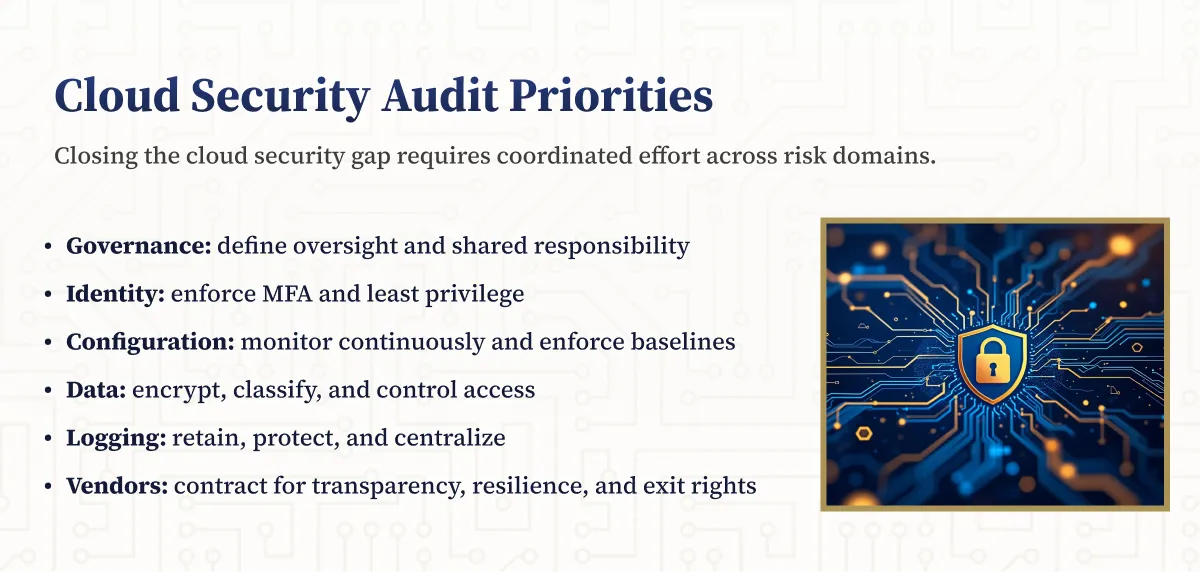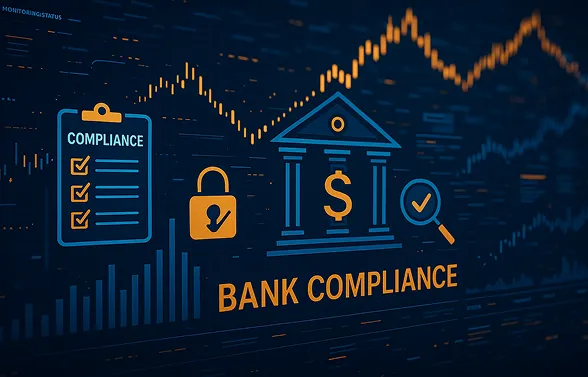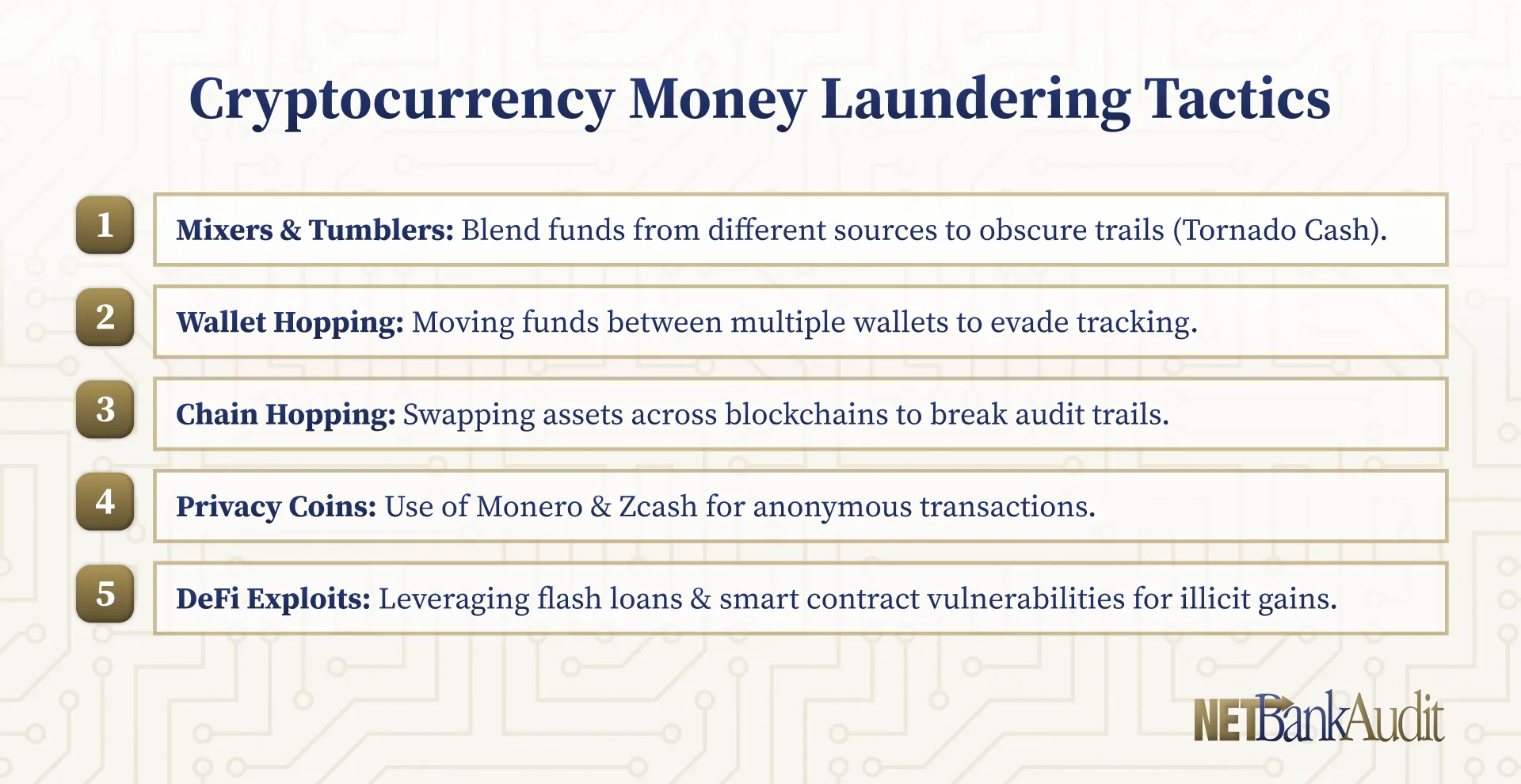Gift cards are among the most popular and convenient gift options for holidays, birthdays, and special occasions. While they may seem straightforward, gift cards come with specific rules, potential pitfalls, and protections. Understanding these elements is critical for both gift card buyers and recipients to avoid misunderstandings, financial losses, or falling victim to scams. This article dives into the essential regulations, common risks, and actionable tips to ensure you can use gift cards wisely and securely.
For more information on Gift Card safety, read the FDIC Consumer News Letter.
The Basics of Gift Cards
Types of Gift Cards
A gift card is a prepaid card that contains a specific monetary value, which can be used by the holder to purchase goods or services. Gift cards are commonly issued by retailers, restaurants, or financial institutions and are a popular gifting option for holidays, birthdays, and special occasions.
Gift cards fall into two main categories, each offering distinct usability and protections:
- Merchant Gift Cards: Usable only at the specific store or restaurant that issued them. These cards are ideal for loyal customers of a particular brand.
- Bank Gift Cards: These cards, branded with payment networks such as Visa or Mastercard, are versatile and accepted wherever their respective brands are honored.
Gift cards can be purchased in physical or digital formats, each having its own set of considerations regarding safety and usage.
Federal Regulations for Gift Cards
Protections Under the Credit CARD Act

The Credit Card Accountability Responsibility and Disclosure CARD Act of 2009 provides critical consumer protections for gift cards, designed to prevent unexpected fees or loss of value. Key provisions include:
- Expiration Date Restrictions: Funds on gift cards cannot expire for at least five years from the date of purchase or last reload.
- Limits on Fees: Dormancy, inactivity, or service fees may only be charged after the card has been inactive for at least one year, and these fees are limited to once per month.
- Transparency Requirements: Both the expiration date and any applicable fees must be clearly disclosed on the card or its packaging.
These rules apply to both merchant and bank gift cards, although there may be minor differences depending on the card type.
State-Specific Laws
In addition to federal protections, many states enforce stricter rules on gift card expiration and fees. For example, some states prohibit inactivity fees altogether, while others extend expiration limits beyond the federal minimum. Buyers and recipients should review state regulations to understand their rights fully.
Recognizing and Avoiding Gift Card Scams
How Scammers Exploit Gift Cards
Gift cards are a favorite tool for scammers because they are easy to obtain, act like cash, and are difficult to trace. Scammers often target unsuspecting individuals through phone calls, emails, or social media messages, claiming urgency or using elaborate stories to convince victims to purchase gift cards and share their codes.

Common Tactics used by Gift Card Scammers
- Posing as Government Officials: Scammers claim to represent agencies like the IRS, alleging unpaid taxes or fines. They demand immediate payment through gift cards.
- Pretending to Be a Family Member in Trouble: Fraudsters impersonate loved ones, often claiming emergencies such as arrests or medical crises.
- Fake Prize or Lottery Wins: Victims are told they’ve won a prize but must pay fees via gift cards to claim it.
- Utility Company Threats: Scammers pretend to be from a utility company, threatening to cut off services like electricity or water unless immediate payment is made with a gift card.
- Tech Support Scams: Fraudsters impersonate technical support staff from companies like Microsoft or Apple. They claim there is a problem with the victim’s computer and request payment for “fixes” via gift cards.
- Overpayment Scams: Scammers “overpay” for an item with a counterfeit check, then ask the victim to return the excess amount using a gift card. When the check bounces, the victim loses the refunded money.
- Romance Scams: Fraudsters build trust through online relationships and then fabricate emergencies, asking for money via gift cards to help with their "situation."
- Pressure to Keep It Secret: Scammers often instruct victims not to discuss the payment with anyone, using urgency or confidentiality to avoid detection.
Once scammers obtain the codes on the back of a gift card, they can instantly drain the funds, leaving little to no recourse for the victim.
Common Red Flags
Recognizing warning signs can help prevent falling for these scams:
- Requests for gift card payments to settle debts, taxes, or fees.
- Urgent threats, such as arrest or loss of services, if payment isn’t made immediately.
- Instructions to purchase specific brands of gift cards, often from retail giants like Target or Walmart.
- Directions to share card numbers and PIN codes over the phone or online.
If any of these scenarios occur, stop immediately and seek advice from a trusted source or verify directly with the alleged organization.
%201%20(1).svg)
%201.svg)
THE GOLD STANDARD INCybersecurity and Regulatory Compliance
Tips for Buying and Using Gift Cards Safely
Gift cards can be a convenient and thoughtful gift, but they require careful handling to avoid potential problems. Whether you’re buying or using a gift card, these tips will help ensure a smooth experience.
Tips for Buying Gift Cards
- Purchase From Trusted Sources: Always buy gift cards directly from reputable stores, banks, or authorized retailers. Avoid purchasing from online auction sites, as these cards may be counterfeit or previously used.
- Inspect the Card Before Purchase: Check for any signs of tampering, such as scratched-off PIN numbers or removed protective stickers. If you notice any issues, choose a different card and alert store staff.
- Keep Receipts: Save the purchase receipt and take a picture of the card’s front and back. This information is essential for reporting a lost or stolen card or disputing charges.
- Understand Terms and Conditions: Review the card’s fine print to know the expiration date, fees, and limitations. Some cards may charge a fee for inactivity or require registration for added protection.
- Evaluate the Merchant’s Stability: For merchant gift cards, consider the retailer’s financial health. Cards from businesses facing bankruptcy or closure may become difficult or impossible to redeem.
Tips for Using Gift Cards
- Redeem Promptly: Use gift cards as soon as possible. They can be misplaced or forgotten, and businesses may impose fees after periods of inactivity.
- Protect Them Like Cash: Treat gift cards as cash. If lost or stolen, many issuers will not replace the card or refund the balance.
- Monitor Card Balances: Regularly check the remaining balance on your card, especially if you plan to use it over multiple purchases.
- Avoid Sharing Card Details: Never share the card number or PIN with anyone unless you’re redeeming it directly with the merchant.
What to Do if You Encounter a Problem
Even with careful handling, problems with gift cards can occur, ranging from theft or loss to unexpected fees or falling victim to scams. Knowing the steps to take in these situations can make a significant difference in recovering lost funds, resolving disputes, and preventing further issues. The following guidance will help you navigate these challenges and seek appropriate resolutions when problems arise.
If Your Gift Card Is Lost or Stolen
- Contact the Card Issuer Immediately: Use the toll-free number or website listed on the back of the card.
- Provide Documentation: You may need the card’s ID number, receipt, and other details to file a claim.
- Request a Replacement: Some issuers offer replacement cards for a fee, but reimbursement is not guaranteed.
If Fees or Expiration Dates Create Problems
- Ask for a Reversal: Contact the card issuer and inquire whether fees can be refunded or expiration extended.
- Escalate as Needed: If the issuer doesn’t resolve your issue, report the problem to your state’s consumer protection office or file a complaint with the FTC.
If You Fall Victim to a Scam
- Report the Scam to the Issuer: Contact the company that issued the card to report unauthorized use. Some companies may offer partial refunds or assistance.
- File a Complaint With the FTC: Visit ReportFraud.ftc.gov to share details of the scam. Every report helps authorities combat fraud.
- Alert Local Authorities: Reporting the scam to your local police or consumer protection office can help protect others in your community.
Consumer Resources and Protections
Navigating the complexities of gift card usage and avoiding potential pitfalls is easier with the right resources at your disposal. Numerous organizations and tools are available to help consumers understand their rights, resolve issues, and stay informed about scams. Below are some key resources to empower you in making secure and confident decisions when using or managing gift cards.
- Federal Trade Commission (FTC): Offers tips on avoiding scams and provides avenues for reporting fraud. Visit Consumer.FTC.gov for more details.
- FDIC Consumer News: A reliable source for understanding federal regulations on gift cards. Visit FDIC.gov to learn about protections under the Credit CARD Act.
- State Consumer Protection Agencies: Many states offer additional resources for addressing gift card issues, such as extended expiration protections or assistance with disputes.
NETBankAudit: Your Partner in Compliance Management and Fraud Protection
When it comes to navigating the complex landscape of financial compliance and fraud prevention, NETBankAudit stands as a trusted expert for financial institutions. With years of experience providing specialized audit and advisory services, we help banks, credit unions, and other financial organizations safeguard their operations and remain compliant with evolving regulatory requirements.
Partner with NETBankAudit for trusted expertise and proactive solutions tailored to your institution’s needs. Contact us today to safeguard your operations and ensure regulatory success.
.avif)

.svg)

.webp)

.webp)











.webp)



.webp)

%201.webp)
.webp)
%20(3).webp)


.webp)


%20Works.webp)


.webp)




.webp)
%20(1).webp)

.webp)










.webp)
.webp)

.webp)
.webp)
.webp)
.webp)
.webp)
.webp)
%201.svg)